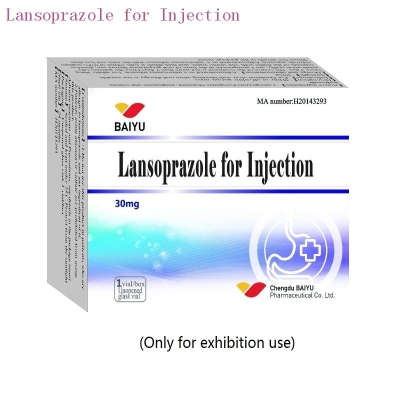-
Categories
-
Pharmaceutical Intermediates
-
Active Pharmaceutical Ingredients
-
Food Additives
- Industrial Coatings
- Agrochemicals
- Dyes and Pigments
- Surfactant
- Flavors and Fragrances
- Chemical Reagents
- Catalyst and Auxiliary
- Natural Products
- Inorganic Chemistry
-
Organic Chemistry
-
Biochemical Engineering
- Analytical Chemistry
- Cosmetic Ingredient
-
Pharmaceutical Intermediates
Promotion
ECHEMI Mall
Wholesale
Weekly Price
Exhibition
News
-
Trade Service
Severe alcoholic hepatitis (AH) is the most serious form of alcohol-related liver disease and has a high mortality rate.
difference in microbial composition is an emerging therapeutic target for alcohol-related liver disease.
study aims to explore differences in microbiome composition in severe AH patients and to determine the recovery of microbiomes in intestinal bacteria and bacteria-derived extracellular follicles after lyphosphation.
the study recruited 24 patients with severe AH and 24 healthy controls.
four weeks after the trial, the researchers collected other stool samples from eight patients with severe AH treated with lyfoximin.
7 days after treatment, the response to the treatment response was defined according to the Lille scoring model.
used 16S RNA amplification to sequence the genome of gut microorganisms.
results showed that in gut bacteria and extracellular blisters, the fecal microbiome of severe AH patients had lower α saccess and higher β diversity than that of healthy control groups.
Bacillus spores in gut bacteria in severe AH patients, lactobacillus increased significantly.
treatment, 17 bacterial classification units in gut bacteria and 23 bacterial classification units in extracellular vesicles in severe AH patients were significantly restored.
, the provit bacteria abundance at baseline was significantly lower in patients who received lysioximic therapy than those who received lefoxycamine.
, this study found that intestinal microbial composition disorders were significant in patients with severe AH, and that the differences in the composition of gut microorganisms could be significantly reduced through the treatment of lyfoximin.
classification unit associated with severe AH can be used as a candidate biomarker or therapeutic target.







